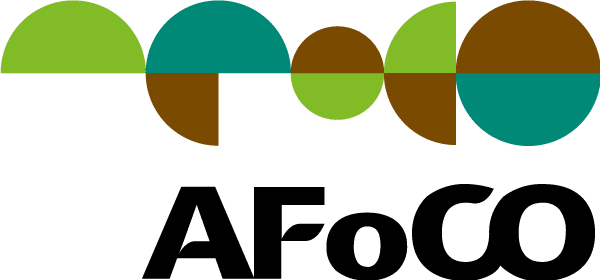April 25-29, 2024 — AFoCO has successfully concluded its Site Validation Visits for the “Sustaining an Abundance of Forest and Ecosystems (SAFE)” Project in Viet Nam and Cambodia. A key deliverable of the SAFE Project is the development of a Country-level Implementation Plan for future restoration of degraded forests with endangered species listed by the IUCN. This visit aimed to confirm the feasibility of the selected sites through field evaluations and discussions with relevant stakeholders. During the visit, AFoCO assessed potential project sites in Viet Nam and Cambodia to evaluate the ecological, logistical, and community factors influencing the viability of forest conservation and restoration initiatives at each location.
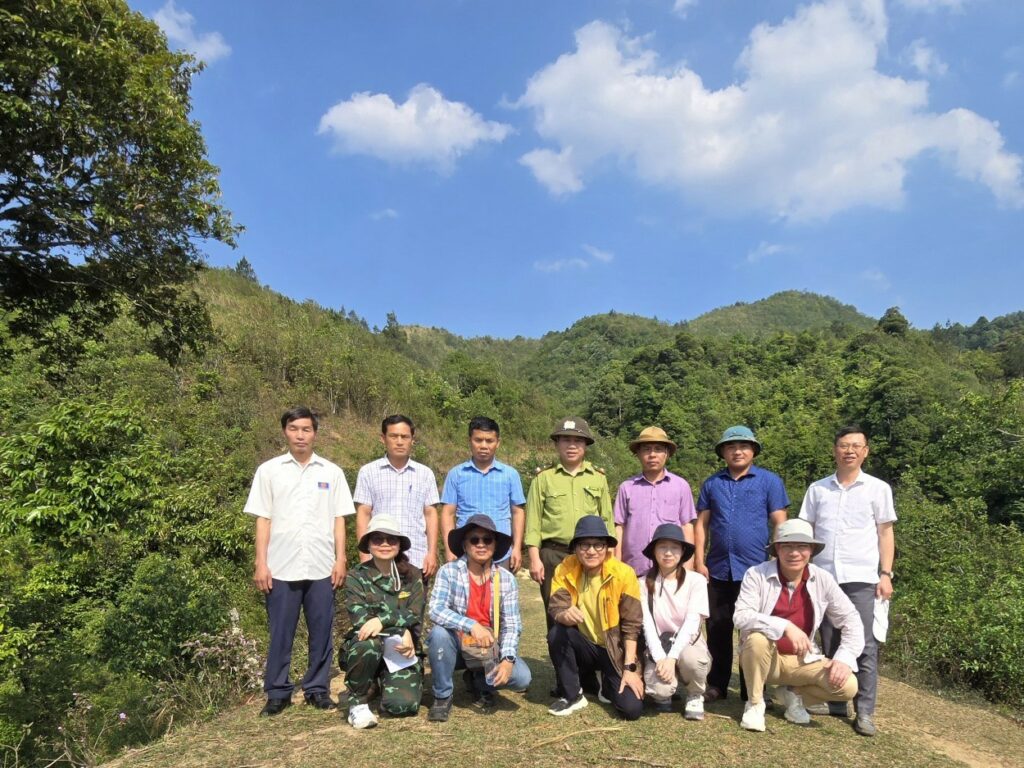
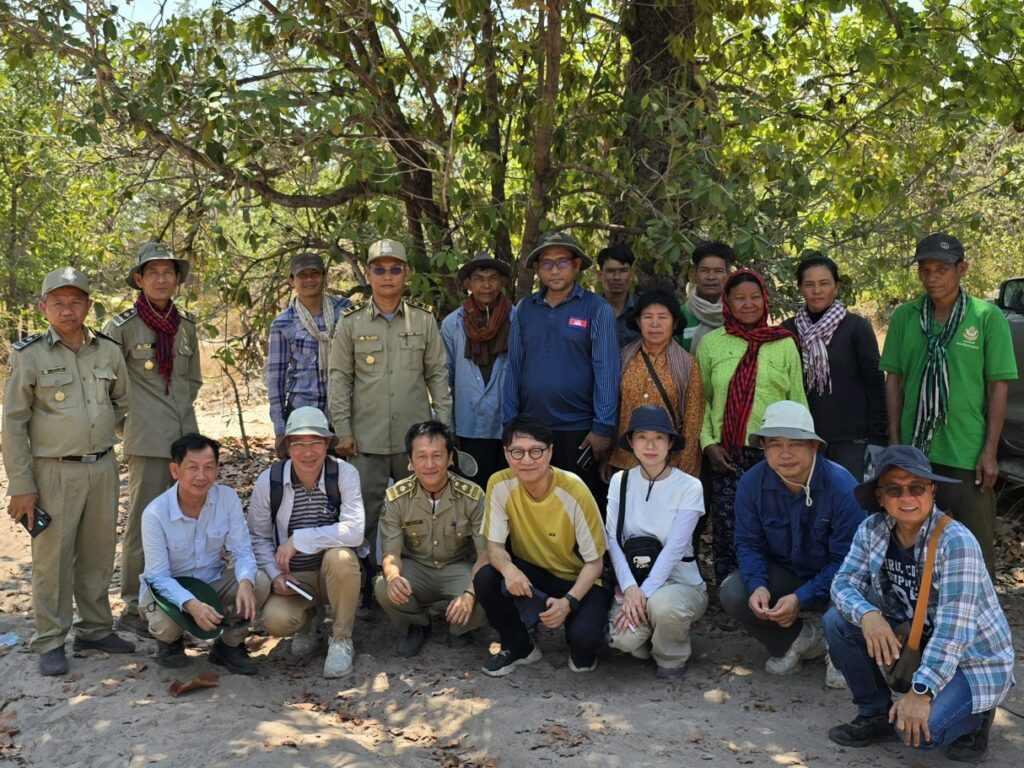
In Viet Nam, AFoCO examined three sites within Yen Bai Province. These included two sites in Ban Mu Commune, governed by the Tram Tau District Forest Protection Management Board (TTDFPMB), and one site in Cao Pha and Pung Luong Commune, under the jurisdiction of the Mu Cang Chai District Forest Protection Management Board.
Project site 1 in Tram Tau is classified as a Protected Forest, spanning 30 hectares. Project site 2 in Tram Tau is a secondary forest spanning 30 hectares. The local communities in both sites expected enhanced PES and opportunities to improve their income through NTFPs. Project site 3 in Mu Cang Chai is a mixture of land cover, i.e. primary, secondary, and degraded forests. The community also anticipated improvements in livelihoods and forest health.
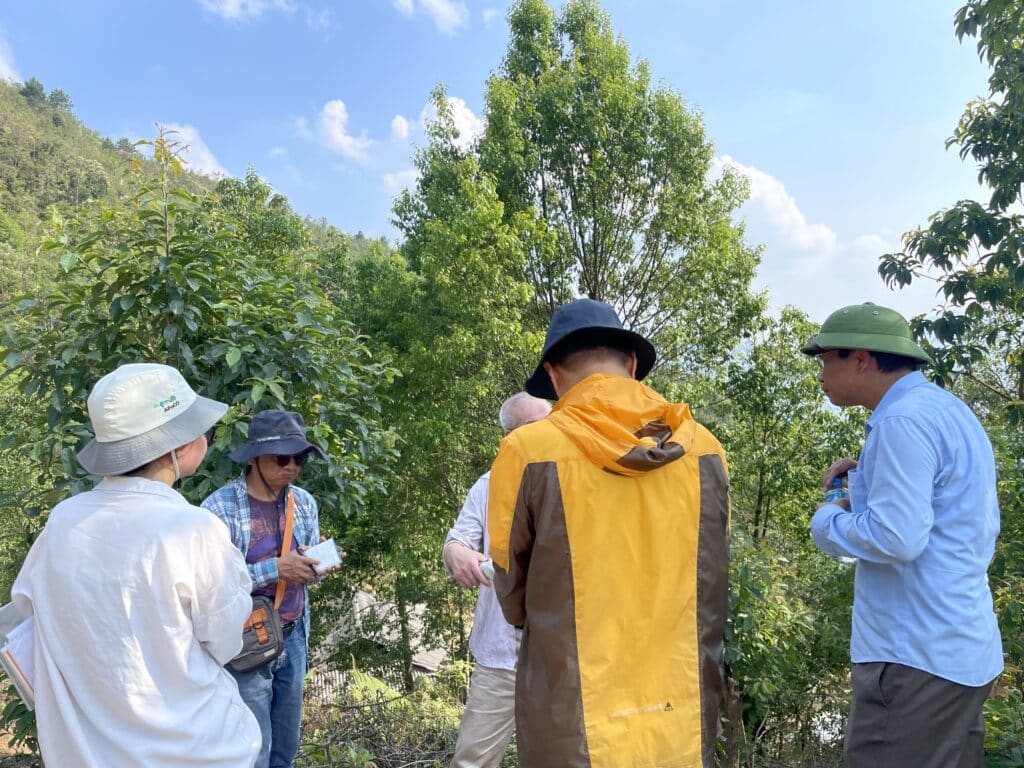
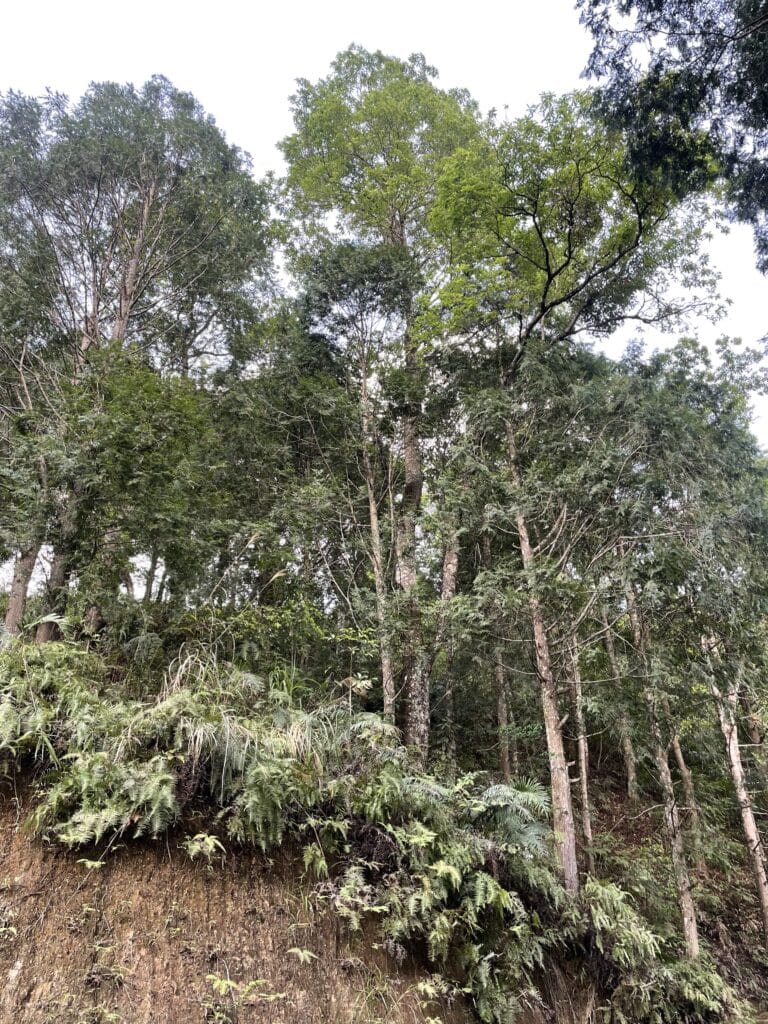
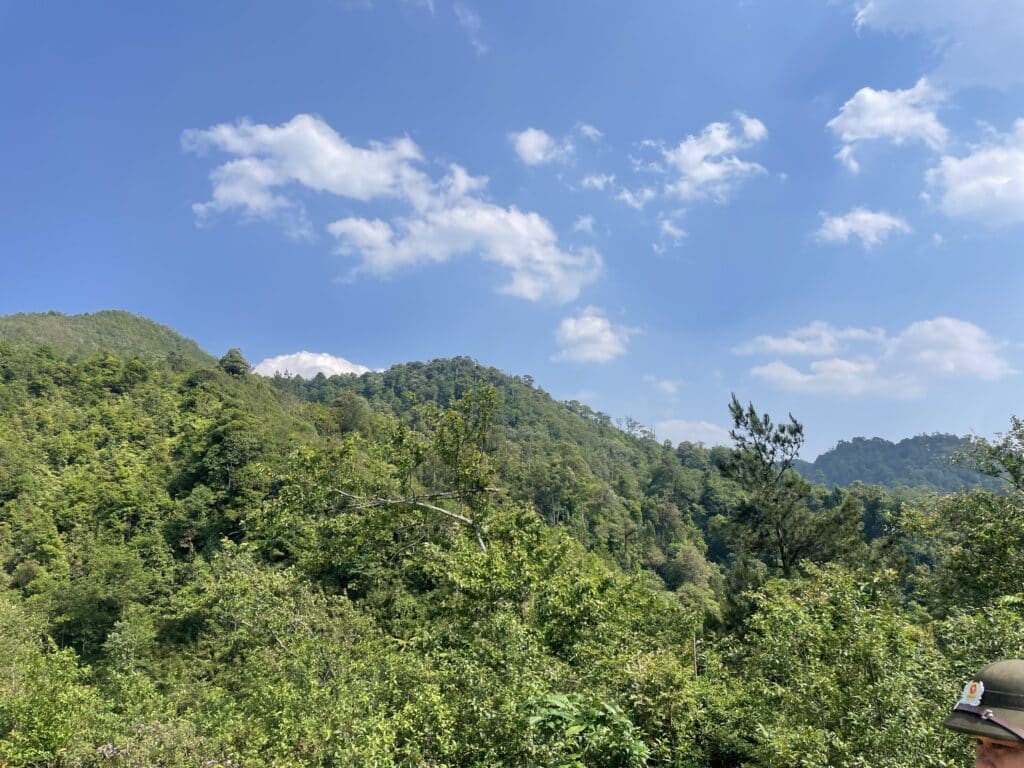
In Cambodia, AFoCO visited the Prey Ta Chea Community Forest in Kampong Thom Province. Located 215 kilometers north of Phnom Penh, this 50-hectare area of degraded secondary forest is part of a larger community-managed forest area under Community Forestry (CF) management. Local community residents currently engage in voluntary forest protection over a substantial area. The community expressed a strong desire for the SAFE Project to support training programs that would enhance sustainable resource management and implementation of alternative livelihood activities.
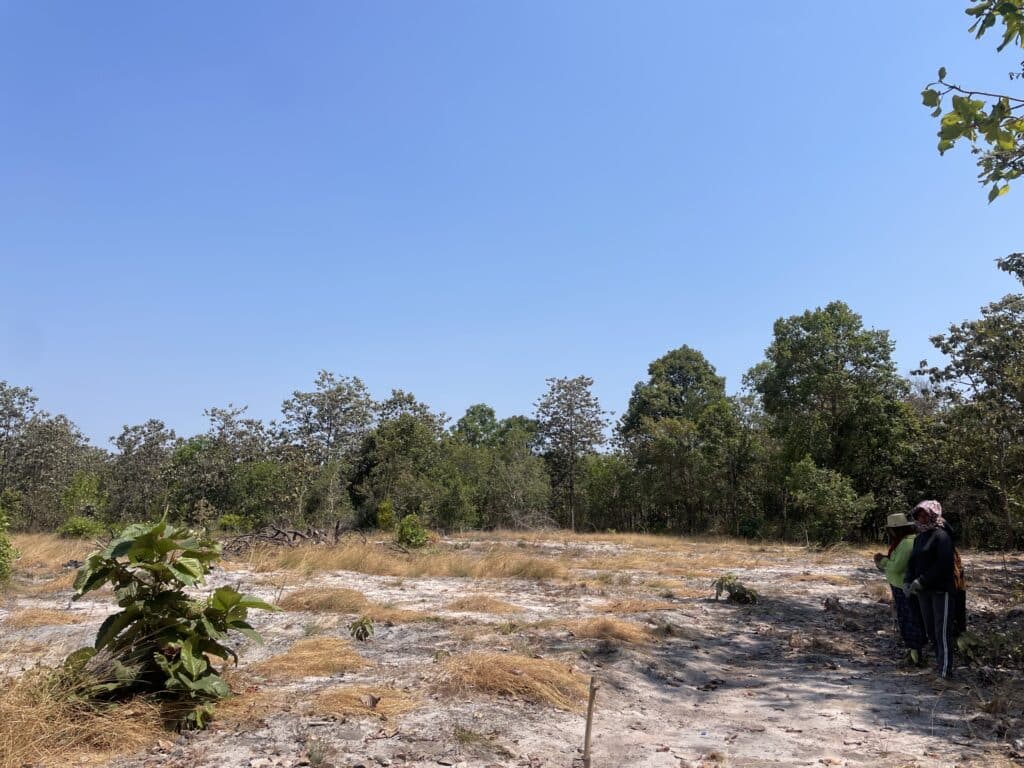
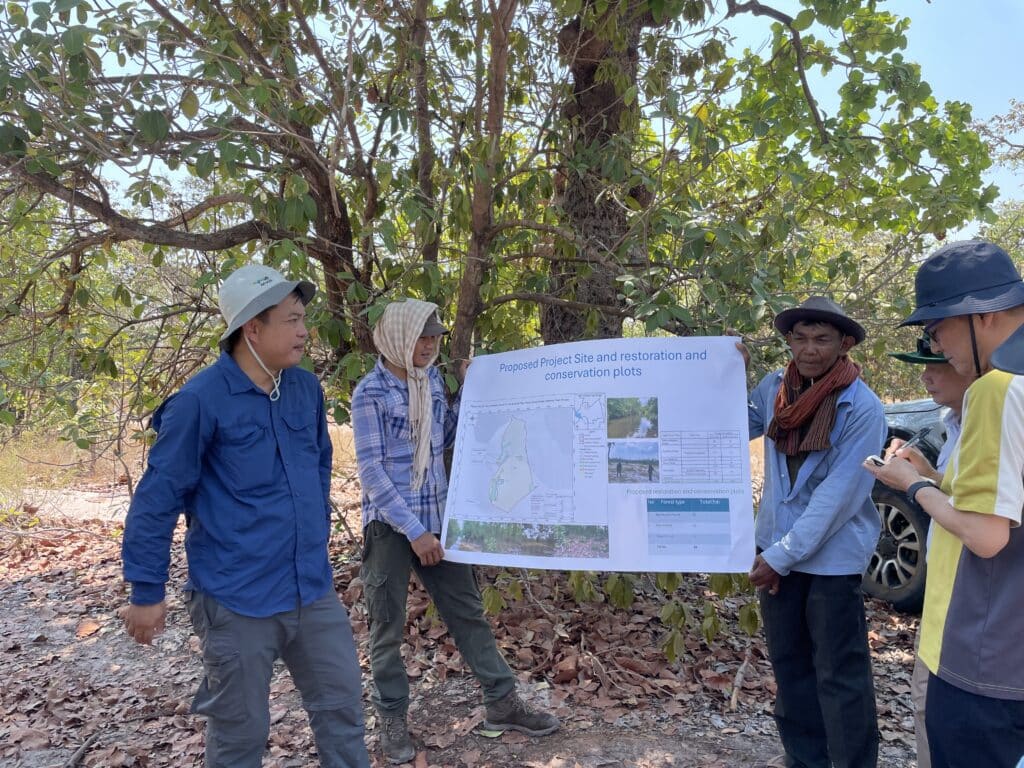
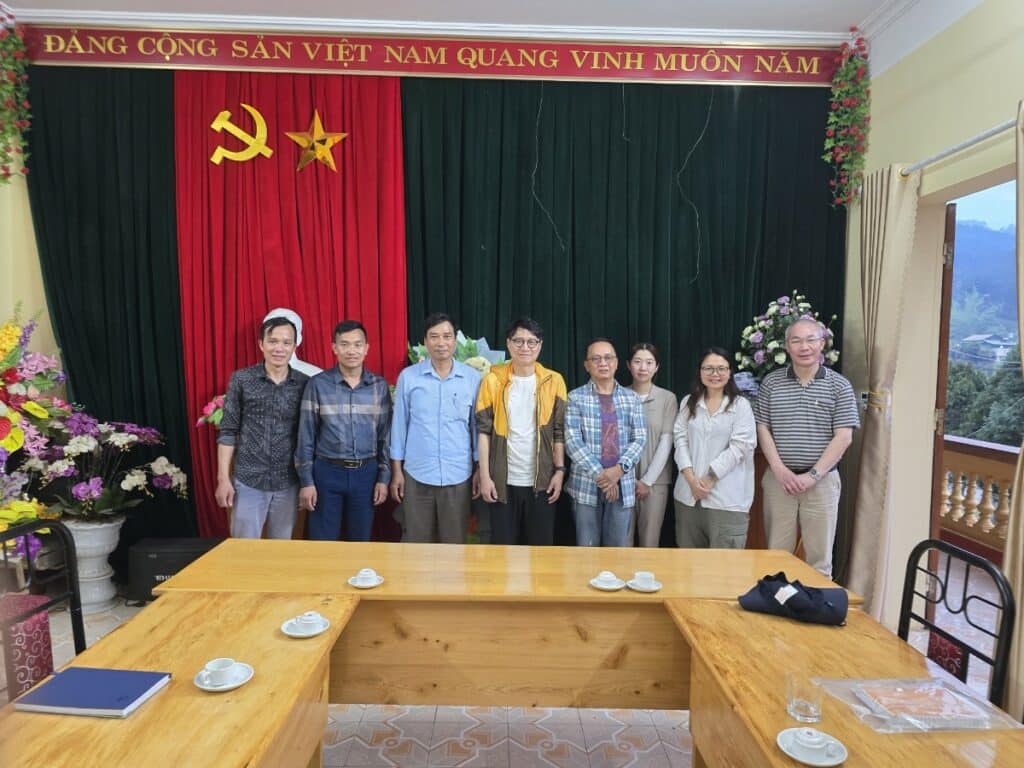
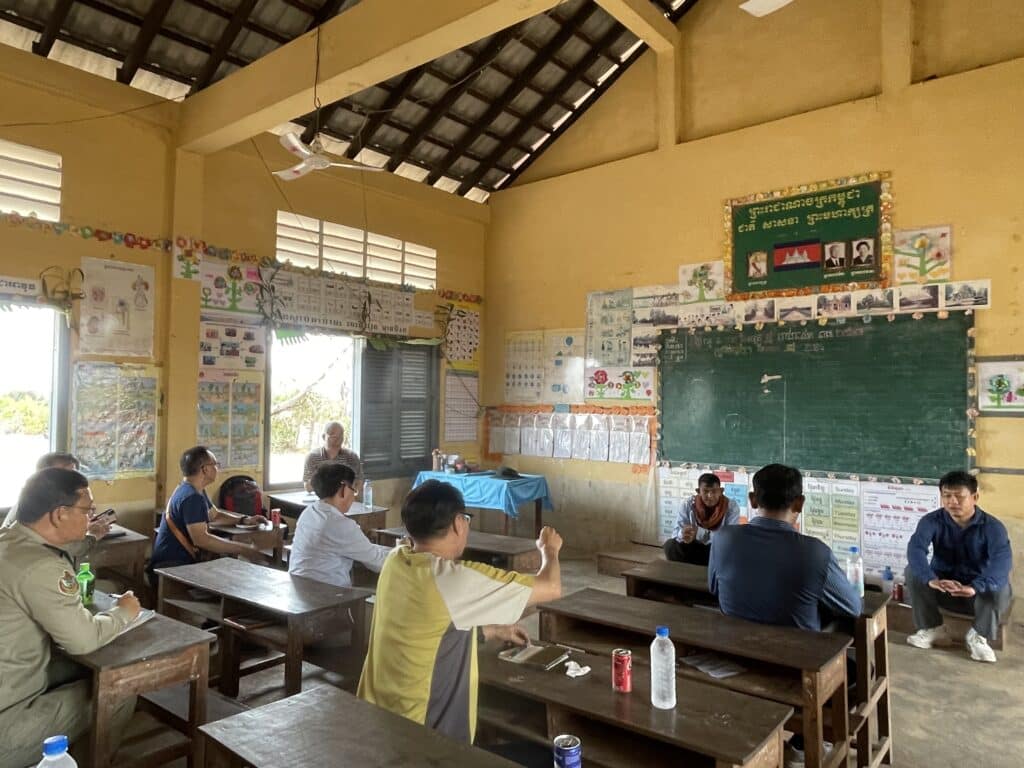
Following the site visits, AFoCO engaged in discussions with community leaders, local government officials, and related stakeholders. These discussions revealed robust support for the SAFE Project’s potential to enhance biodiversity and improve local livelihoods. The feedback and insights gained from local communities will play a crucial role in shaping the SAFE Project’s strategies and outcomes. AFoCO remains committed to working closely with local communities and stakeholders to ensure the success and sustainability of the SAFE Project in Viet Nam and Cambodia.
Submitted by Ms. Minyoung Jeong, Assistant Program Officer

